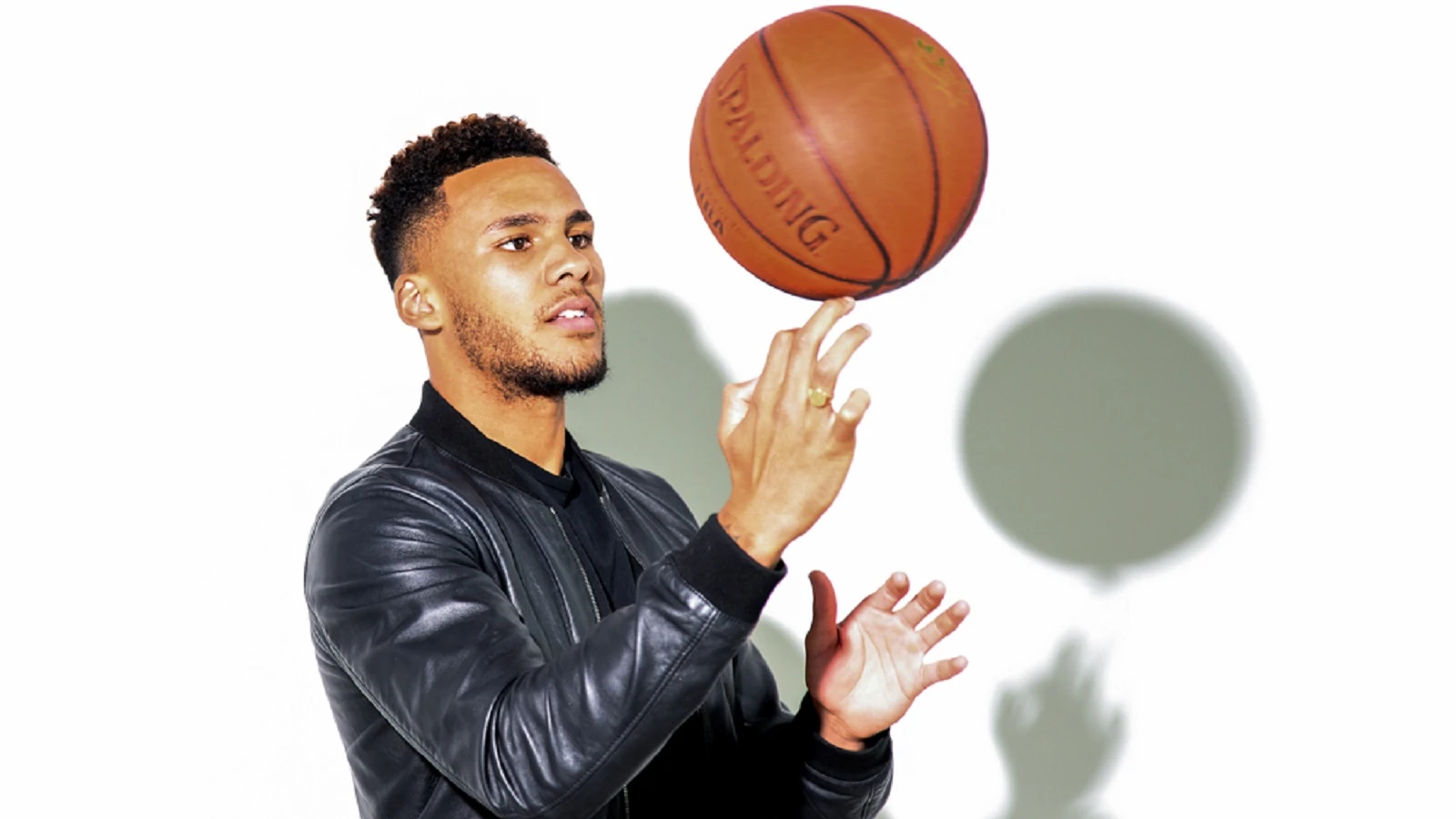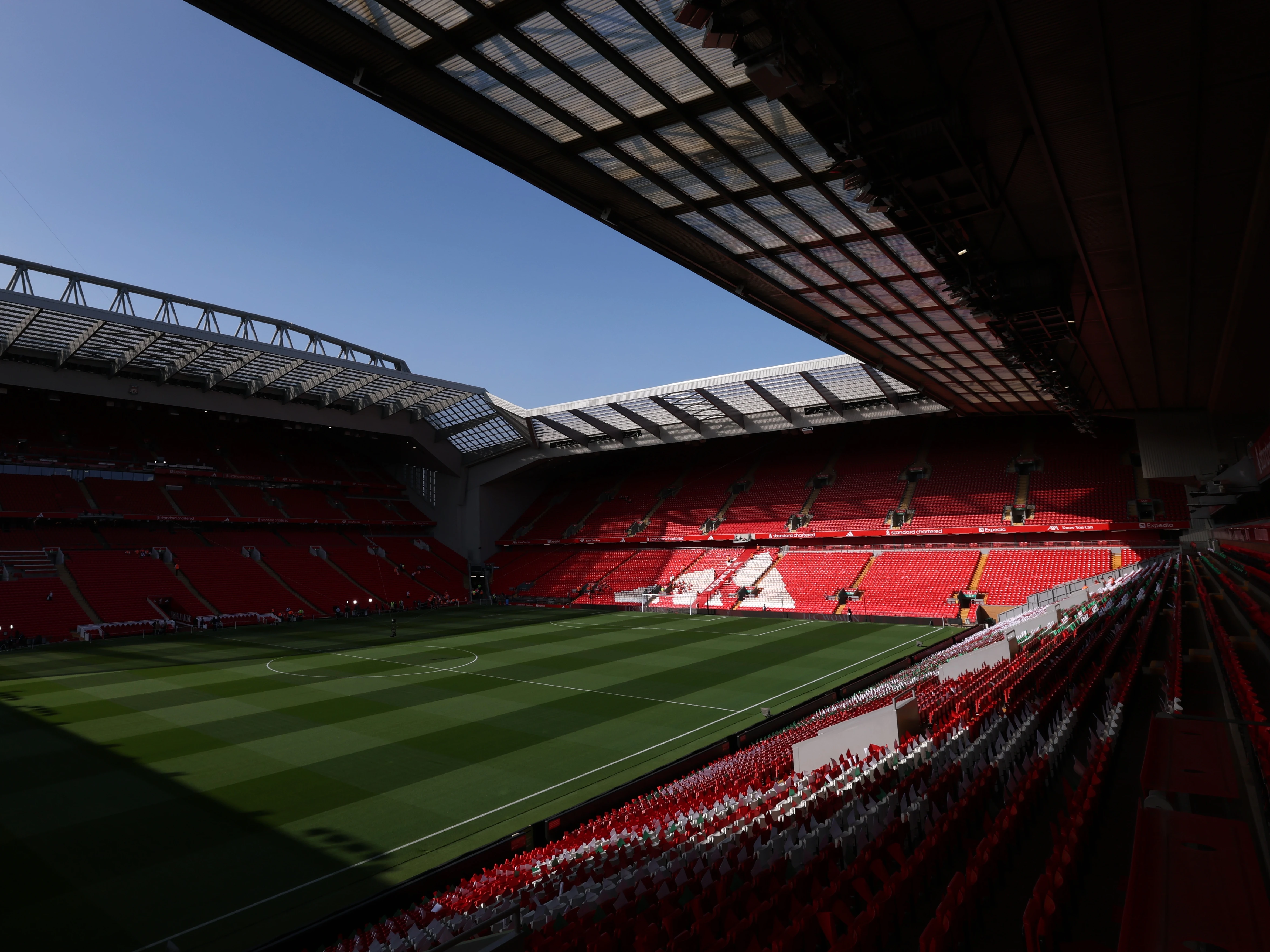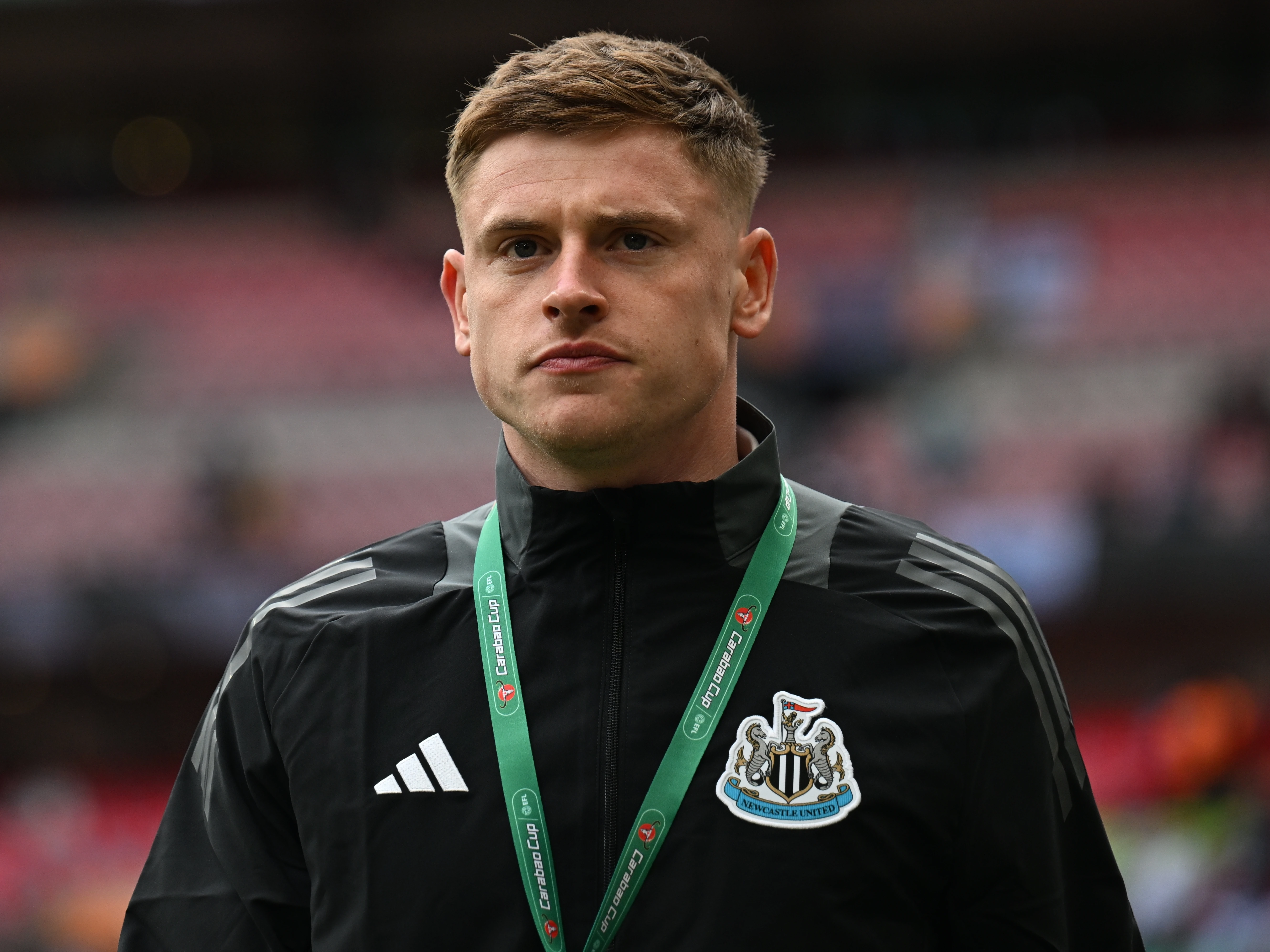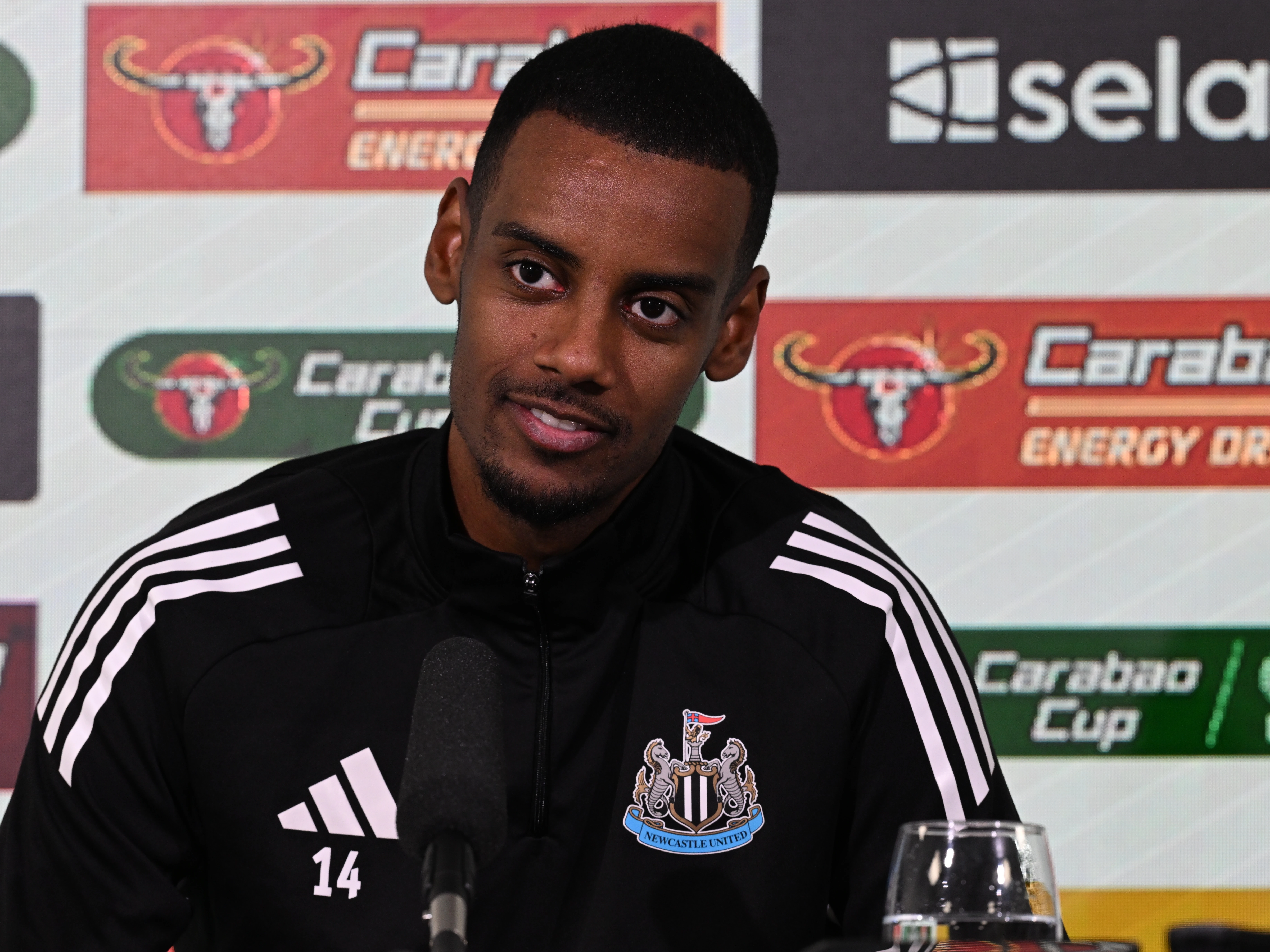On a court in Leazes Park, in the shadow of St. James’, Newcastle United’s captain reflects on a career that never was. “I miss playing basketball,” says Jamaal Lascelles, childhood memories flowing back to him as he takes aim from just beyond the three-point line. The son of a British Basketball League veteran and brother of a Leicester Riders guard, his first sporting successes came with the ball in his hands, not at his feet.
“I pretty much grew up playing basketball – I didn’t get into football until a bit later on. From the age of four or five, my dad would put a basketball in my hands, and we’d go and watch him play and train every single day.
“He’d get us from nursery and take us down, and me and my brother would sit there and watch him play. It got to an age where I had to decide whether I wanted to play football or basketball.”
Despite his early promise, showcased at Derby Trailblazers and in trials for England, Lascelles says his father, Tim, and mother, Jill, were key as he bowed to football’s lure. “It was pretty much their decision – I loved both sports pretty much the same, but they just saw potential in me. Having been playing for Nottingham Forest in the academy – a good setup – it was pretty much a no-brainer, because basketball in England is not massive.
“Thankfully both my parents are switched on and they led me in the right direction, and gave me the tools and the instruction on what to do with football. Still, to this day, I listen to what they say to me.”
Family is patently important to Lascelles. The first phone call he made when he was initially handed the Magpies captaincy at the start of last season was to his mum.
The first signs that a leader could emerge came prior to that, though, following a 3-1 defeat at Southampton in April 2016. There, in an interview with BBC Radio 5 live, a disarmingly frank Lascelles spoke passionately about what he saw as a lack of “fight and hunger and desire” from those in black and white. It struck a chord.
“I do remember that interview,” he says. “The reason I said what I would say in the changing room was that I was on the bench looking at a lot of it all season, and I could see what was going on. I was involved in that Southampton game – I came on at half time – and things happened in that game which I didn’t like, and things needed to be said. I’m glad that I did say it, because it got a big reaction from the players. After that, we had a really good run, and we were unlucky not to stay up.
“I just said what was on my mind. Looking back on it, maybe some players would have thought, ‘who’s this guy? He’s 22, screaming at everyone in the changing room’. Maybe, on paper, I probably shouldn’t have done it. But I’m glad I did. I couldn’t not.
“It wasn’t something I thought about saying, I just did it because of the way I care for the club and care for the points we were losing. It was affecting everybody – the fans, the club – and look where we ended up. We had to fight all last season in a relentless league – Saturday, Tuesday, Saturday, Tuesday – and put our bodies on the line to get us back.”
Inside the United dressing room of today, he says, there is a very different atmosphere, a new ethos. “The players that the manager’s brought in are really talented players, but they’ve got a good mentality, they’re good lads, they work. That’s exactly what you need,” explains Lascelles, now 23.
“I’ve never understood why, if you’ve got so much talent, you wouldn’t want to work harder and be an even better player. I guess that’s my mentality. But it’s completely different now. We’ve got a really good group, and it’s shown in the games that we’ve played.
“Our running stats have been a lot higher than other teams. We win second balls, we’re ruthless, we’re passionate. We get on each other when we lose, or if someone’s not pulling their weight, but we encourage when someone’s doing well. That’s exactly what you need, and it’s important we maintain that.”
Lascelles himself, along with the values he holds, perfectly embodies the shift in attitude at the club over the past 18 months. He feels that he, too, has changed since that wretched afternoon at St. Mary’s. “I just take things a lot more seriously than I did. I’ve always been a good professional, I’ve always worked really hard and been committed, but you can step it up.
“I think, being captain, I’ve had to adapt in that way as well, how I am with some players, what I can say to certain players and can’t to others, do you know what I mean? Getting to know players. I think I’ve done that well, and I think the boys do look up to me, the way I am in training and around the place.”
During his formative years with Nottingham Forest – a club still waking from their dormant years in League One at that stage – there were two leaders in particular who made an impression on the man who is now the youngest captain in the top flight.
“Wes Morgan was the captain – I used to look up to him a lot,” he says, recalling his time as an understudy to the future Premier League-winning skipper. “And then Chris Cohen – he was a great captain. I think our characteristics in terms of professionalism are quite relevant. He’d work hard, he’d run himself down to the ground for the team and the club.
“I had big role models to look up to back then. I do sometimes think back and say to myself, ‘how can I be a better captain?’ But I think I’ll answer that, and I’ll just say our performances on the pitch need to be consistent, and I need to work on myself as well as others.
“I’ll do anything for anyone. I’ll work my socks off in training, be talking the whole training session, making sure people do extra, encouraging people or telling people when they need telling. I stick to my job and try to make sure other people are doing theirs. I think that’s all you can offer.”
Coupled with that on-field demeanour, the heartfelt manner of his interviews, in both good times and bad, has endeared him to both supporters and the casual onlooker. “It’s not something I think about doing – I’m just an honest person. I’ll be honest – if we’ve not played well I’m not going to defend the team if they’ve not pulled their weight. I’m not going to defend myself if I’ve not pulled my weight,” he offers.
“I’ll be honest, be humble in victory, and I think that’s important because as players and as a team you don’t want to get too carried away, and you’ve got to realise what situations you’re in. I’ll always be honest.”
That sincerity and drive has been part of Lascelles’ make-up since childhood. “From a little kid, I’ve always wanted extra, I’ve always wanted to do gym, I’ve done a lot of sports and I’ve always been really competitive. Some players, if they’re doing well, will take their foot off the gas, but for me that’s even more of a reason to work even harder. That’s just how I am.
“I’ve never been the most talented player or the most gifted player from a kid, so I’ve had to work hard, otherwise I would not be where I am today.”
Some of that motivation stems from his time growing up at Forest. From the age of eight to 21, he would make that same drive into training and see the same faces every day. It became his “comfort zone” before he departed in 2014, eager to take on the challenge of proving himself on Tyneside.
Not many of his youthful contemporaries at the City Ground made it, and the acute reality of a game which leaves many by the wayside is not lost on Lascelles.
“The life we live, where we train every day, is every kid’s dream, so why would we not give our all? You could be working nine to five, sat in an office, or doing something you don’t want to do. But we’re doing something we love, so I don’t see why somebody would take it for granted,” he says.
“For me, at every opportunity you get, you want to give your best in whatever you do, especially in football, because hardly anybody makes it. From when I was at Nottingham Forest, there’s only me, Patrick Bamford and Ben Osborn who have made it. I’ve seen lads come and go over the years, and you look back at what they’re doing now and it’s crazy. It’s literally just about hard work – a bit of luck comes into it – but you need to work hard, that’s how you’ve got to be in life.”
That graft appears to be yielding results. Two goals – both winners – in his last three outings have prompted sections of the media to ponder his claims for an England call-up.
“It’s strange, isn’t it? Things happen, things change so much in football. A couple of good games and people are saying that,” he says.
“It’s nice to hear and of course you do want to be linked to something like that, but I just need to keep improving. I know I’ve got a long way to go, and have to stay consistent, and then I don’t know. If it came, I’d obviously be over the moon with that. But I know I need to stay consistent for that to happen.”
His recent feats in front of goal have proved costly for his mum. After Lascelles’ winner against Stoke City, she posted a tweet revealing that since his Forest days, she has given her son £5 for every goal he scored. It was retweeted over 1,000 times.
“To be honest, I don’t know how she’s made Match of the Day,” laughs Lascelles, after his mum was mentioned on the BBC’s flagship football show. “You know on Snapchat, where you’re on the stories? Her quote was on a Match of the Day Snapchat thing, and Twitter’s been blowing up too.
“When I was a kid, obviously I didn’t score often, but she used to say if you score, it’s a fiver and she’s carried that on from probably the age of ten until now. She still gives me fivers. At the minute she’s not happy, I’ve been scoring a few.
“It’s obviously banter now, but she put that tweet out the other day… It’s just funny. My mum – I love her, I love her to bits.”
Lascelles acknowledges the role of his mother, who is a regular watcher of United games, and his father, now a social worker, in helping him reach these heights. It is evidently a source of pride – not just for Lascelles, but his family too – that he is able to run out at St. James’ Park, armband and all.
He may still be learning, a work in progress. But he is a Premier League player now, and one with boundless aspirations.
“All those lifts, driving me from Derby to Nottingham, rushing back from work and making sure there’s food on the table, things like that – I’m grateful and I’m glad they can see me doing this. I’m pretty sure they’re really proud of me,” he says.
“But in terms of where we want to be, I’m not where I want to be yet. I think we can definitely take this club a lot higher and push on, and that’s where my goals are at.”




